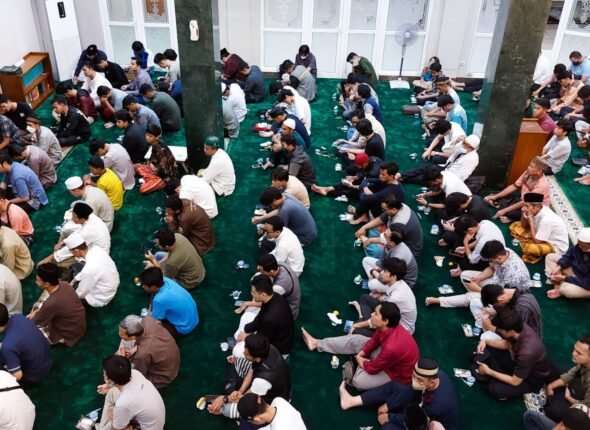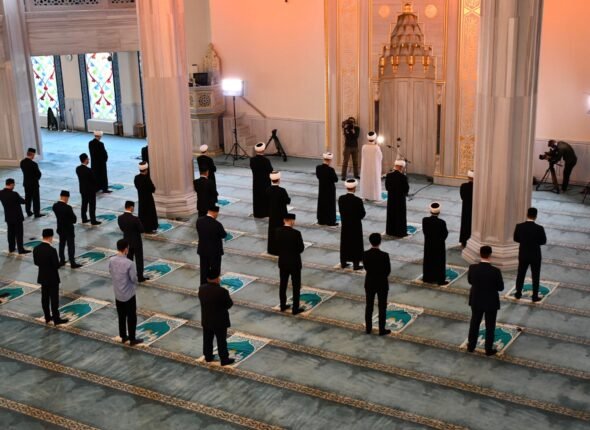Module M3 of the Mosque MBA programme, titled “Mosque Enablement,” provides strategic training to equip mosque leaders with the knowledge and practical tools required to build resilient, financially stable, and forward-thinking institutions. This module focuses on financial empowerment, ethical fundraising, and long-term sustainability rooted in Islamic values.
Learners will explore key areas such as mosque budgeting, income diversification, Zakat and Sadaqah administration, and how to develop growth through the establishment of Waqf (endowments). The module integrates both theological understanding and practical execution, offering a well-rounded perspective on mosque financial governance.
Through a combination of real-world case studies, Islamic finance principles, and strategic planning exercises, this module empowers learners to navigate the complexities of mosque finances while ensuring compliance with UK charity regulations and Islamic rulings. By the end of the module, learners will be equipped to develop sustainable financial systems, ethically fundraise, and plan for institutional growth using Waqf and other long-term tools.
Unit Breakdown – Module 3: Mosque Enablement
Unit 9: Mosque Finance and Sustainability
Unit 10: Mosque Sadaqah & Fundraising
Unit 11: Mosque Zakat Management and Distribution
Unit 12: Mosque Waqf and Planning for Growth
Curriculum
- 4 Sections
- 0 Lessons
- 16 Hours
- Unit 9: Mosque Finance and SustainabilityThis lesson introduces the Madni Model of leadership, derived from the Seerah of the Prophet Muhammad ﷺ during his leadership in Madinah. Learners will explore foundational Islamic leadership values such as consultation (Shura), compassion, justice, and strategic community-building. The lesson also highlights how prophetic methods can be adapted in modern institutional settings.0
- Unit 10: Mosque Sadaqah & FundraisingBuilding on the foundations laid in W1, this lesson explores the operational structure of mosque leadership inspired by the Prophet’s governance. It focuses on leadership delegation, administrative responsibility, effective communication, and ensuring inclusivity in decision-making. Case studies will help learners evaluate practical applications of prophetic models in contemporary British mosque contexts.0
- Unit 11: Mosque Zakat Management and DistributionThis session focuses on principles of good governance, transparency, and accountability in mosque institutions. Learners will be introduced to the responsibilities of trustees, board members, and leaders, including compliance with UK Charity Commission regulations. The lesson also includes strategic planning, budgeting, policy frameworks, and ethical leadership.0
- Unit 12: Mosque Waqf and Planning for GrowthThis vital lesson covers safeguarding standards and the legal obligations of mosques in protecting children, vulnerable adults, and the wider community. Topics include DBS checks, Prevent duty, whistleblowing, and safe recruitment practices. Learners will gain knowledge in drafting safeguarding policies, responding to incidents, and creating safe mosque environments.0









